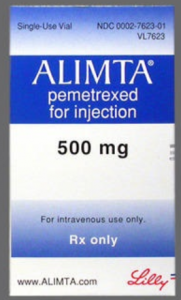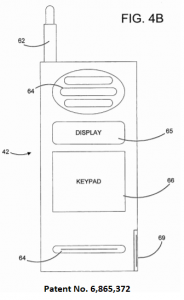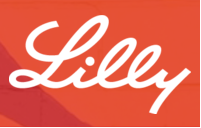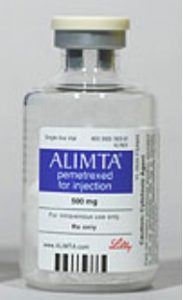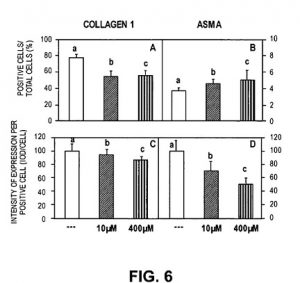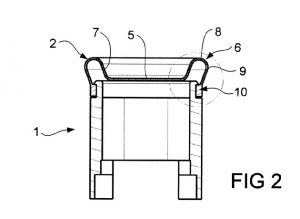Eli Lilly and Company, a leader in pharmaceutical innovation for nearly 150 years, has filed legal complaints against more than six medical spas and wellness centers for selling products that claim to contain Tirzepatide, the active ingredient in its popular diabetes and weight loss medications, MOUNJARO® and ZEPBOUND®. The complaints allege multiple infringements under federal and state laws, aimed at safeguarding patients from deceptive practices surrounding the FDA-approved medications.
According to the suits, MOUNJARO® and ZEPBOUND ® were developed through rigorous clinical trials and FDA approval processes. However, Lilly claims that the drugs offered by the Defendants in the cases are compounded products—neither tested nor approved by the FDA.
The lawsuit contends that the Defendants have deliberately misled consumers by creating the false impression that their products are equivalent to Lilly’s MOUNJARO® and ZEPBOUND®. This deception is allegedly propagated through deceptive advertising, including the use of Lilly’s trademarks without authorization, and misleading claims about the safety and approval status of their compounded drugs.
 Indiana Intellectual Property Law News
Indiana Intellectual Property Law News


